LACK OF BASIS SO CHOOSE BY EMOTION
According to data provided by experts at the seminar Looking back at 5 years of implementing the 2018 General Education Program recently organized by the Association of Vietnamese Universities and Colleges, many provinces have only 11-15% of students choosing the subjects of physics, chemistry, and biology when entering grade 10.
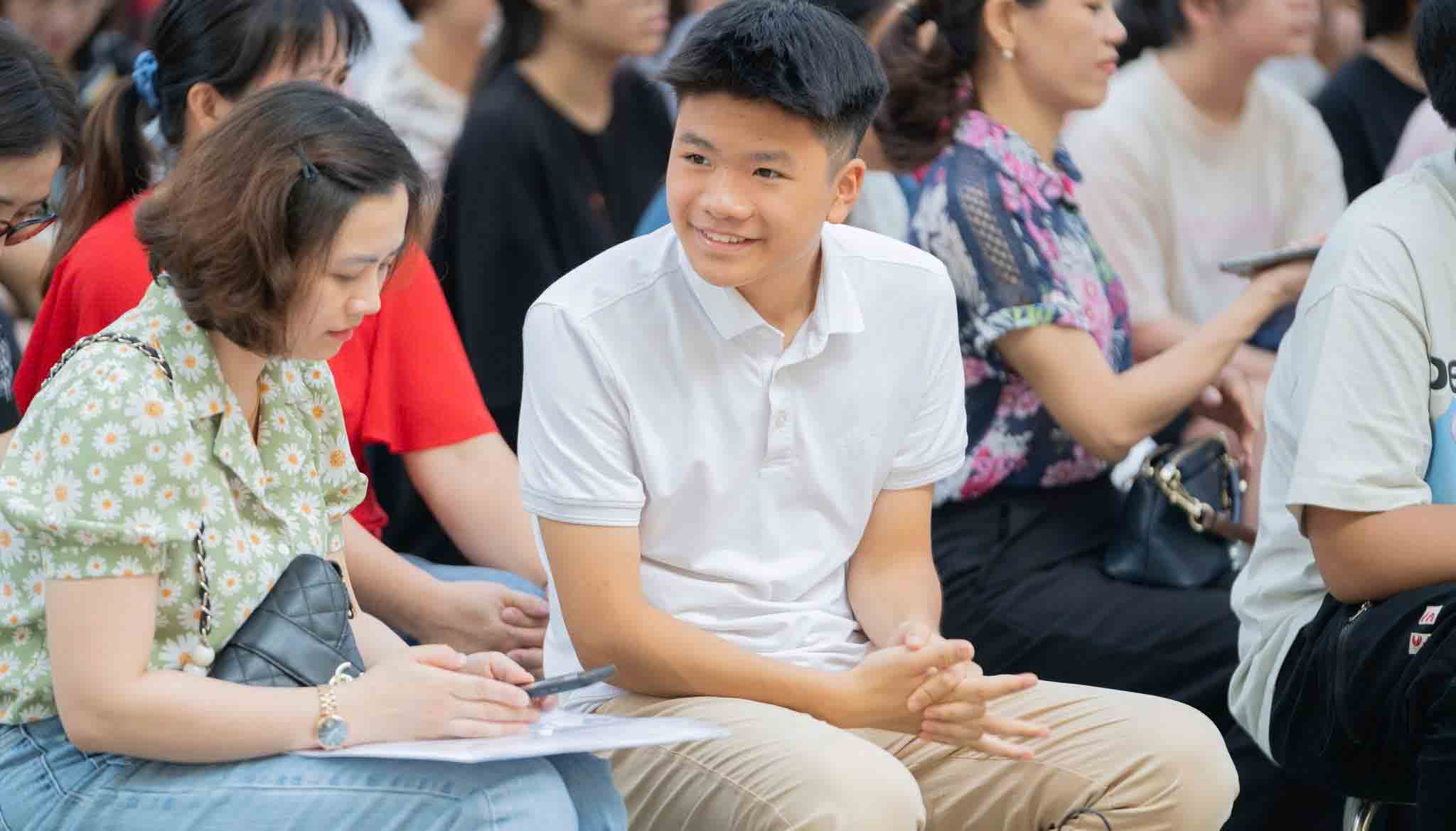
Career counseling and guidance before choosing elective subjects in grade 10 is an important step to help students have the right career orientation.
According to the association, in principle, students are allowed to freely register for elective subjects to proactively create subject combinations that suit their abilities, strengths and career orientation according to the expected admission combinations of universities (traditional combinations A00, A01, B00, B03, C00, D01...); but in reality, the right to arrange elective subject combinations belongs to the school, depending on the situation of teachers and specific facilities of each school.
Nguyen Thi Minh Khai High School (Ha Tinh) has 318/410 12th grade students choosing social subjects for the 2025 high school graduation exam, accounting for 77.5%; only 22.5% of students choose natural subjects. Nguyen Hue High School (Thai Binh) in the recent survey of graduation exam subject registration had up to 80% of students choosing social science subjects; only 20% of students choosing natural science subjects.
At Thuan Thanh High School No. 1 (Bac Ninh), the number of students choosing subjects and exams related to social sciences also accounts for an overwhelming proportion. This makes the school face a surplus of teachers in natural sciences such as physics, chemistry, biology, and informatics. Mr. Nguyen Xuan Nang, Vice Principal of the school, pointed out some difficulties when 10th grade students choose subjects, not all students have enough knowledge and information to be able to orient their own careers. Having to choose a subject combination makes many students and even their parents very confused and worried, especially when it is not clear how universities will change the admission combination.
INADEQUACY AND CONSEQUENCES
Associate Professor Tran Xuan Nhi, Permanent Vice President of the Association of Vietnamese Universities and Colleges, pointed out many shortcomings in the organization of elective teaching at the high school level today. In particular, students must choose elective subjects right from the beginning of high school, which means they must affirm their specialized direction right from entering high school. The number of students who want to change their elective subjects during their high school studies is quite difficult.
Associate Professor Nhi said: “Requiring students to determine their chosen subjects from the beginning of the grade, and most of them are difficult to adjust during the learning process, means forcing students to confirm their specialized direction early. On the other hand, students have not received full career counseling at the junior high school level to choose their chosen subjects at the high school level, and then based on the chosen subjects, decide which university to register for (while universities have not yet announced their enrollment plans), is a very unreasonable demand.”
Many subject combinations selected by high schools may not be suitable for students' abilities, strengths and career orientations, leading to a decrease in the input human resources for natural science subjects and the consequence is that the quality of basic science and STEM sciences will decrease in quantity, affecting the long-term quality of the system in the future.
The immediate consequence, according to Associate Professor Nhi, is that high school science teachers, especially biology and chemistry teachers, who do not have teaching hours, have to perform other tasks.
Need to create more opportunities for students to experience and practice skills
Ms. Huynh Thi Hong Hoa, a teacher at Kien Luong High School (Kien Giang), said that in the career orientation survey at the beginning of grade 10, most students had already determined their future majors and careers. However, according to Ms. Hoa, the challenge in career guidance lies in the fact that students have not opened up to discuss with teachers, as well as the lack of sharing with their families when expressing their career goals.
Another challenge in career guidance is the need to talk to career counselors. According to Ms. Le Thi Thuy, a teacher at Kien Luong High School, students need to have conversations with career counselors for closer guidance. However, the conditions for inviting counselors to schools are still limited.
“The school is located in a district far from the center of big cities. Students lack or even do not have the conditions to experience diverse professional activities in reality,” Ms. Nguyen Thi Thu Ha, Principal of Kien Luong High School, informed. Ms. Ha said that in the above context, the school has organized tours of universities and colleges; organized admission consultation sessions with educational institutions; invited former students to exchange experiences, etc.
Regarding the issue of career orientation, Mr. Huynh Thanh Hoang, Vice Principal of Ba Hon Secondary and High School (Kien Giang), said that unstable psychology and easily changing interests and viewpoints are factors that affect students' career choices. He also suggested that schools should pay more attention to psychological issues so that students can choose their careers easily.
Tuan Ho
UNIVERSITIES SHOULD ANNOUNCE ENROLLMENT PLAN SOON
Faced with this reality, Mr. Nguyen Xuan Nang suggested that universities should soon announce enrollment plans for 2025 and plans suitable for the groups that schools have built and organized for learning from the 2021-2022 school year. Similarly, Mr. Dam Tien Nam, Principal of Nguyen Binh Khiem High School (Hanoi), said that it is very necessary for universities to announce enrollment plans sooner.
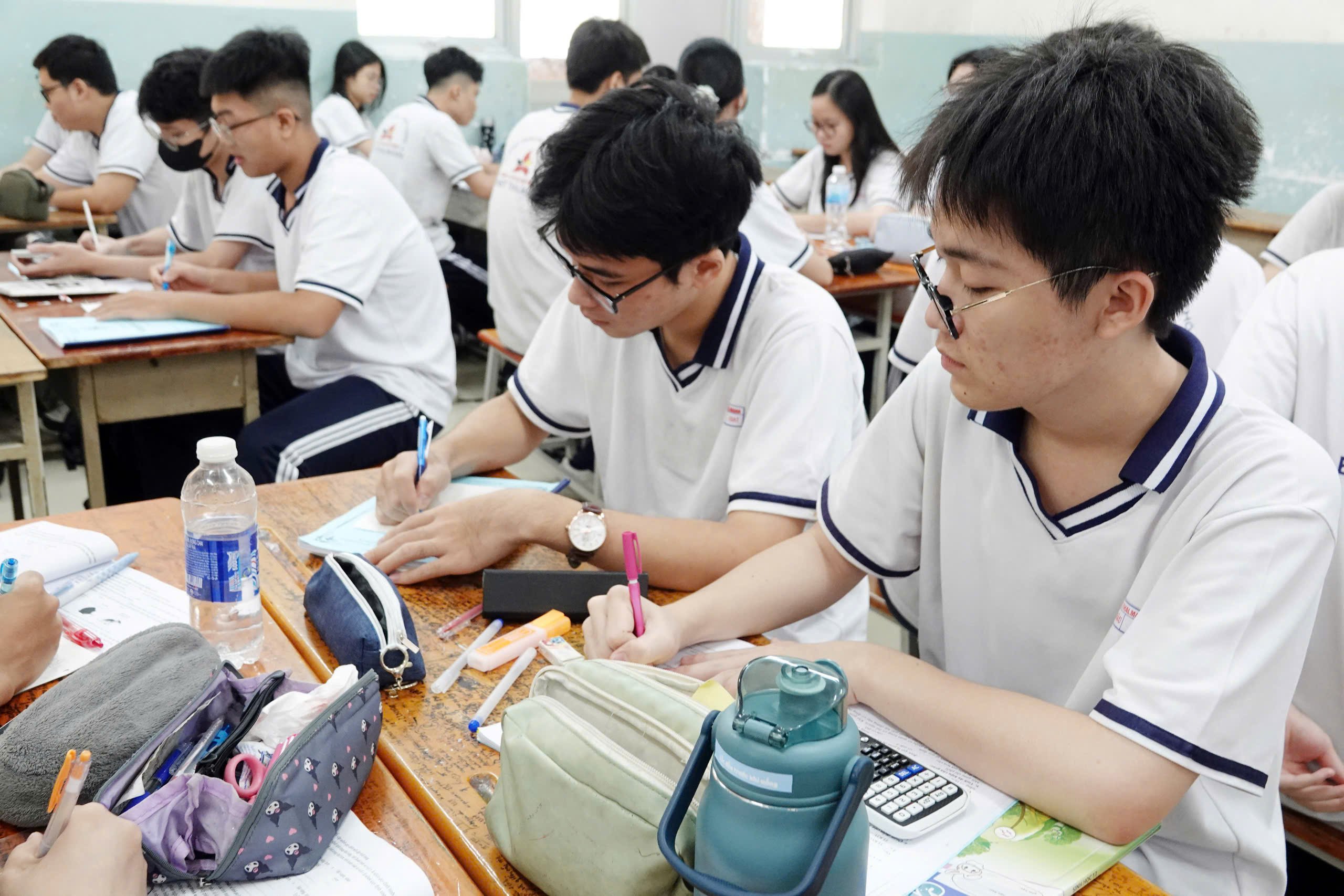
Grade 12 students prepare for the first high school graduation exam under the new general education program.
photo: peach jade
Ms. Nguyen Thi Nhiep, Principal of Chu Van An High School (Hanoi), shared that the imbalance between choosing natural science and social science subjects is a worrying issue and requires schools to have better career counseling and guidance plans for students before choosing subjects. Chu Van An High School has 6 groups of subjects to choose from for 10th graders, in which all classes must study physics and chemistry.
Similarly, Marie Curie School (Hanoi) creates quite a wide range of options for students to choose from. However, there are subjects that students must study no matter which combination they choose. Specifically, computer science, all the combinations they choose include this subject. Or history also “appears” in 4/6 combinations, including combinations that lean towards natural sciences, many combinations that lean towards social sciences also include physics…
Recommendation for students to take additional elective subjects
The Association of Vietnamese Universities and Colleges signed a petition to Minister of Education and Training Nguyen Kim Son on the implementation of the 2018 General Education Program, organizing high school graduation exams and university admissions from 2025.
In particular, for the high school graduation exam, the association recommends reviewing the test time of the optional subject exams and finding solutions to limit the ability to "guess" in the form of true or false questions (accounting for up to 40% of the score of each subject) to fully assess the learners' abilities, ensuring the value and classification of the exam so that universities can conveniently select candidates based on high school graduation exam results.
Notably, the association recommends that the Ministry of Education and Training should allow candidates to choose additional elective subjects (even when they do not study elective subjects in the school's prescribed curriculum) to ensure that learners fully develop their self-study capacity and have more opportunities to be admitted to universities when ensuring input quality.
Regarding university admissions, the association recommends that the Ministry of Education and Training eliminate admission methods that do not ensure input quality. At the same time, it is necessary to require schools to explain the selection of subject combinations and competency assessment tests of separate exams to ensure basic competency input standards for successful university study. In particular, it is necessary to unify reasonable admission combinations and resolutely eliminate "strange" combinations.
Source: https://thanhnien.vn/hoc-sinh-van-chon-mon-hoc-mon-thi-trong-mo-ho-185241205233631941.htm



![[Photo] "Beauties" participate in the parade rehearsal at Bien Hoa airport](https://vstatic.vietnam.vn/vietnam/resource/IMAGE/2025/4/11/155502af3384431e918de0e2e585d13a)

![[Photo] Looking back at the impressive moments of the Vietnamese rescue team in Myanmar](https://vstatic.vietnam.vn/vietnam/resource/IMAGE/2025/4/11/5623ca902a934e19b604c718265249d0)


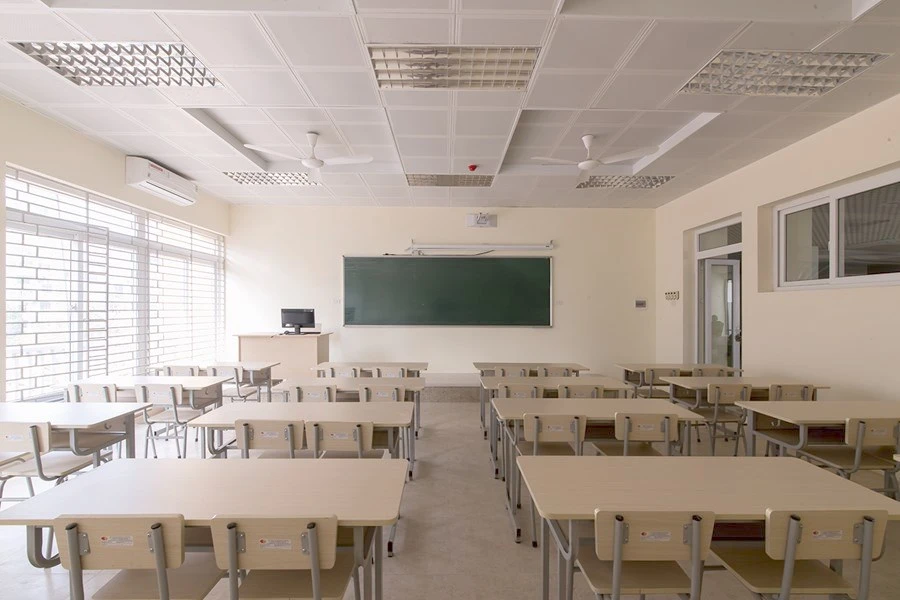



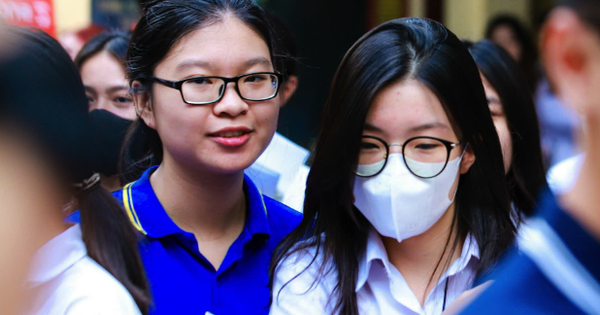

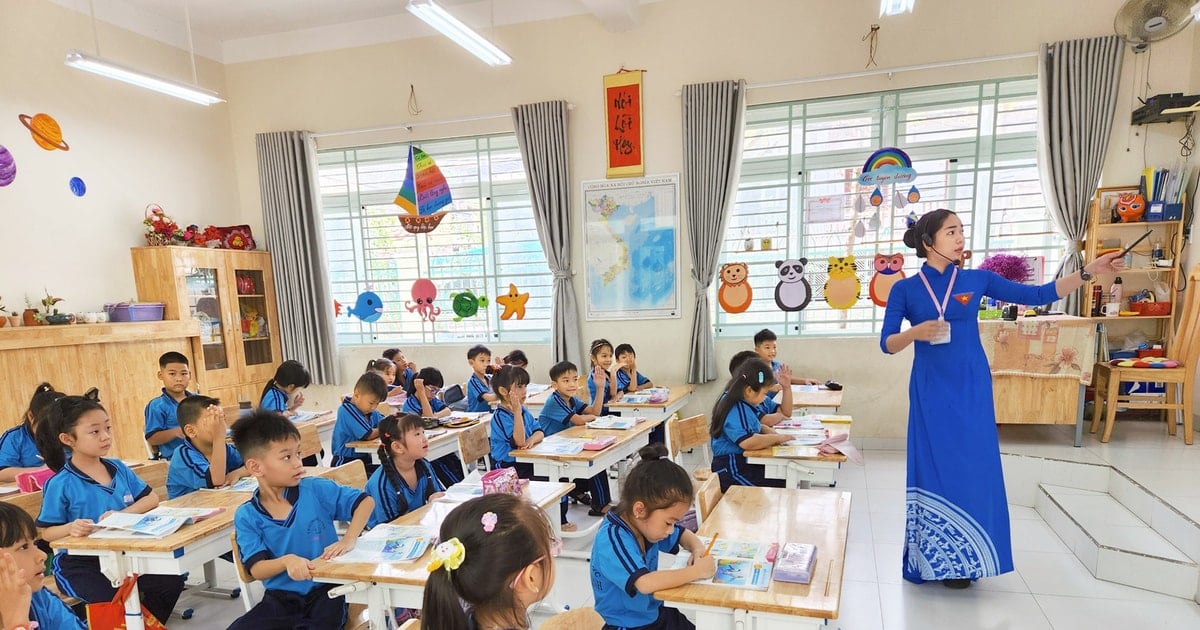


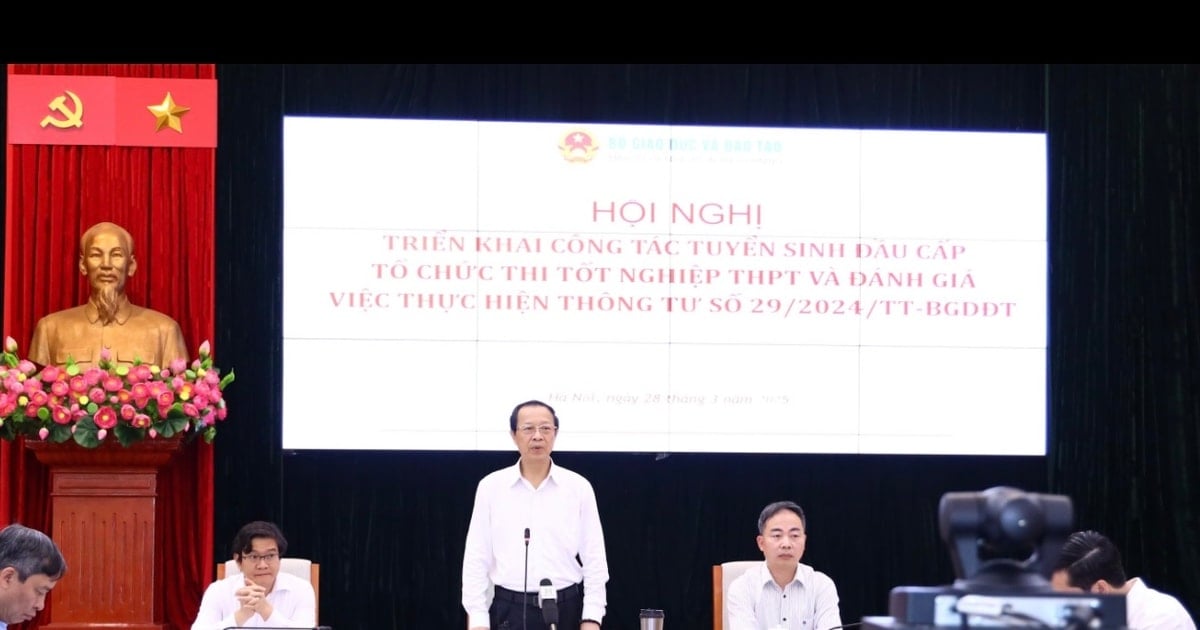
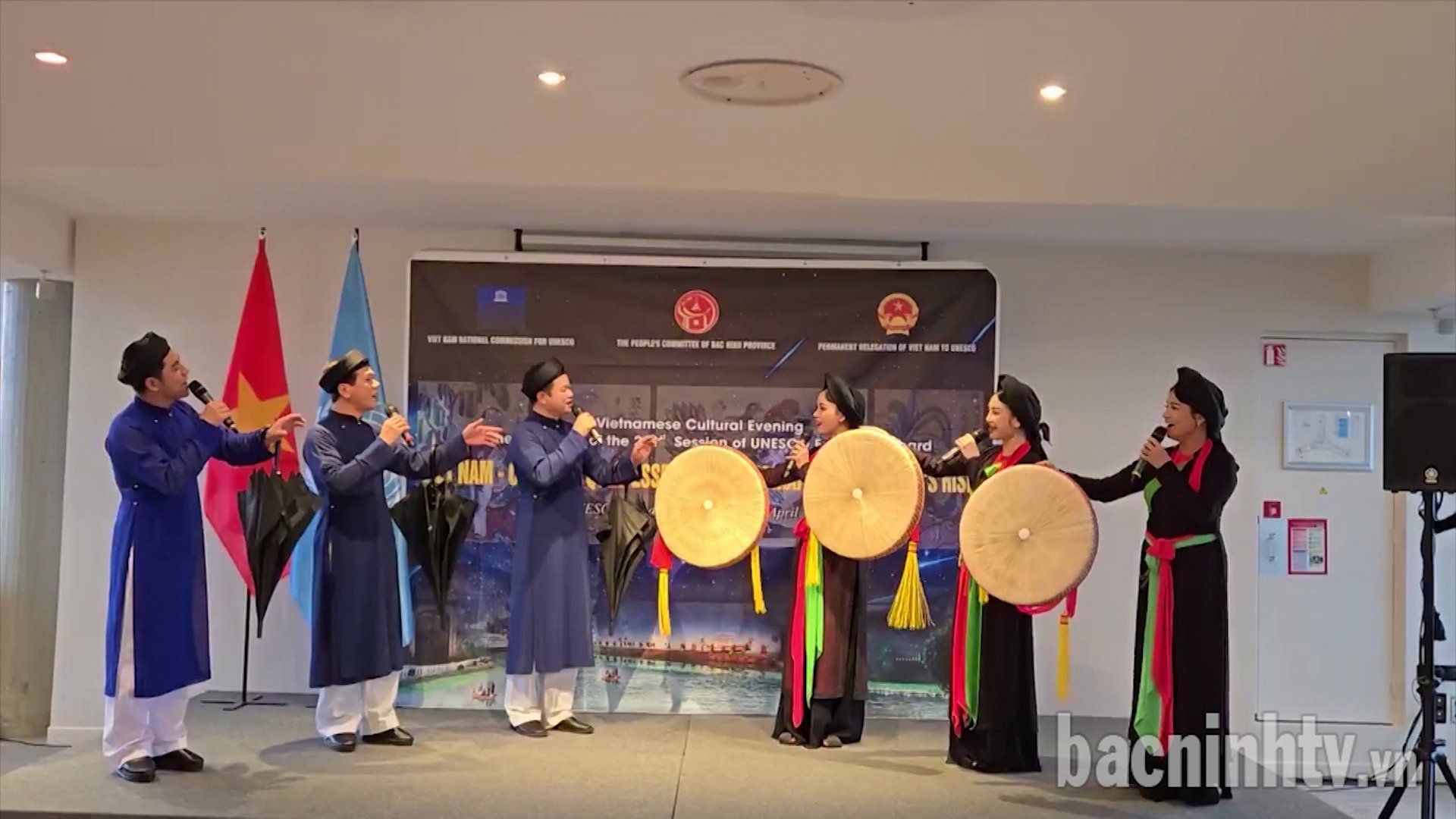
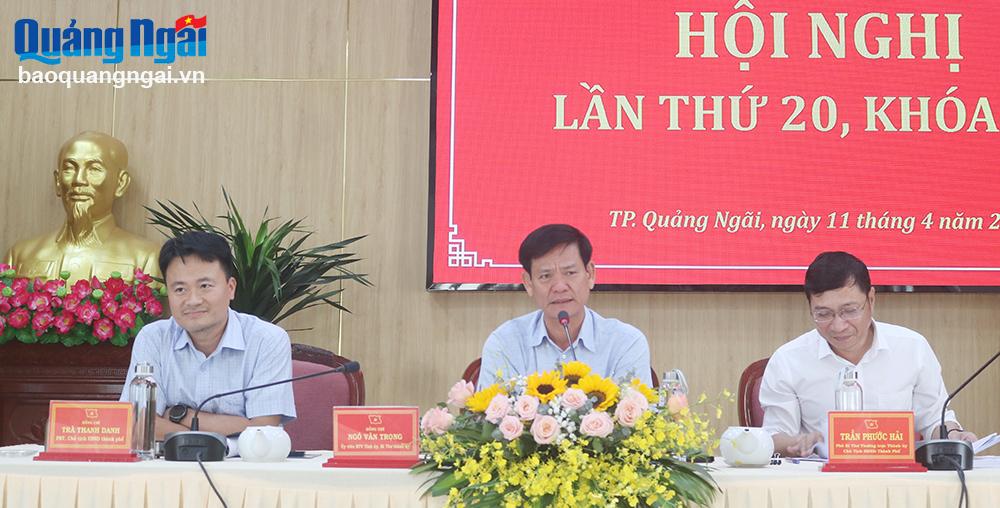
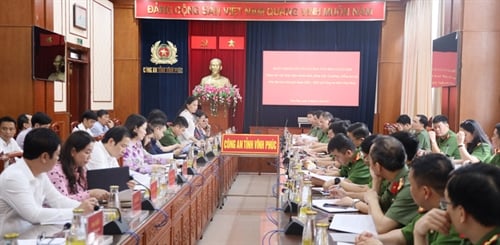
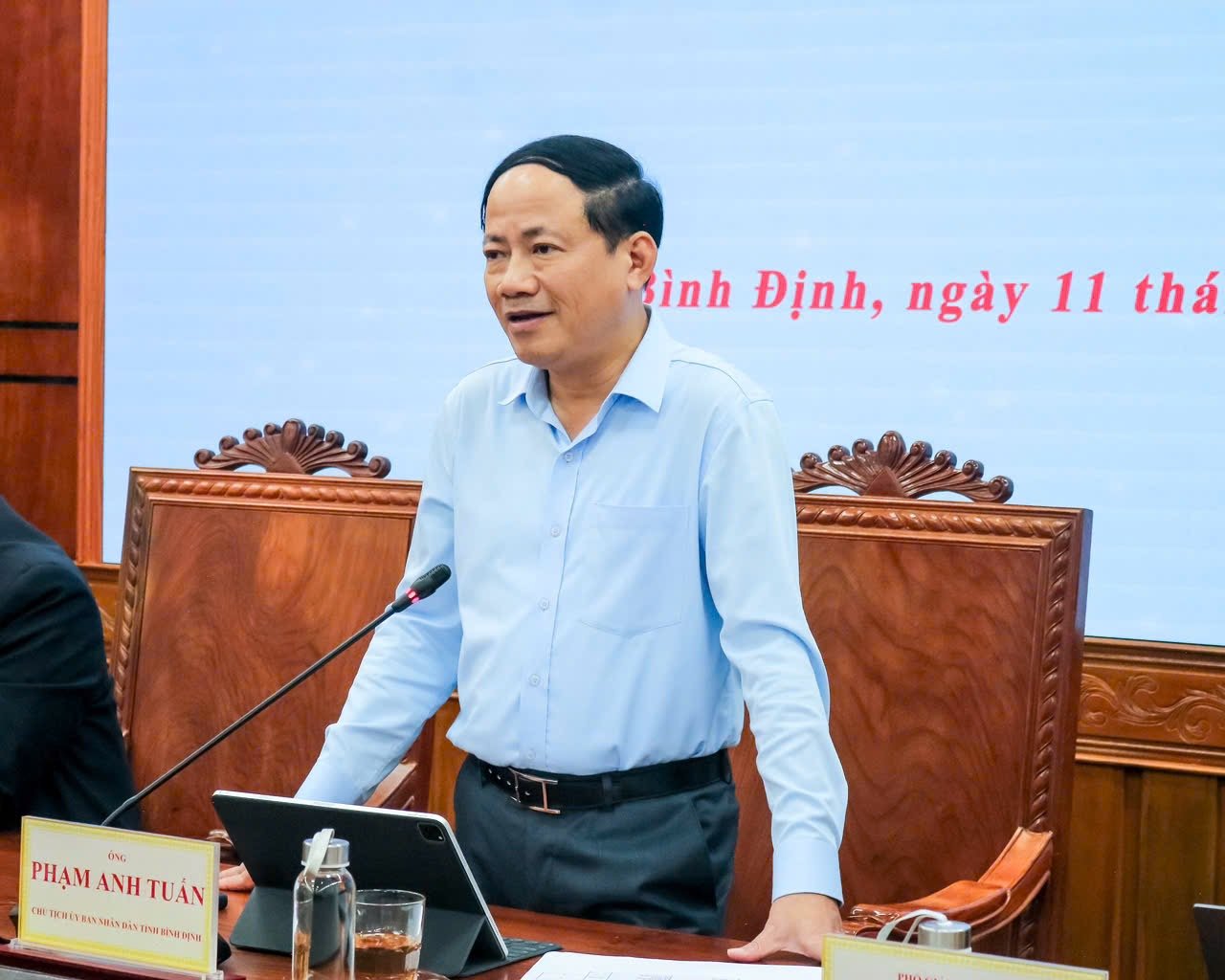
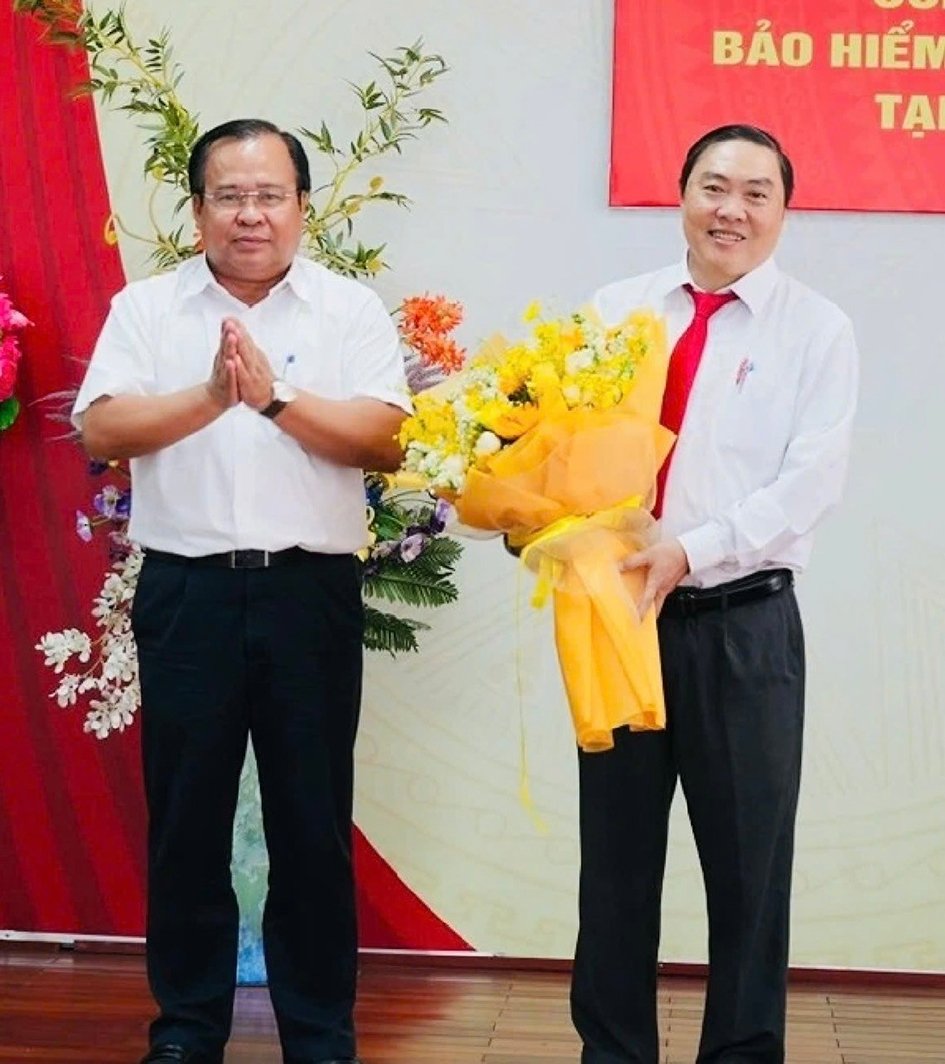
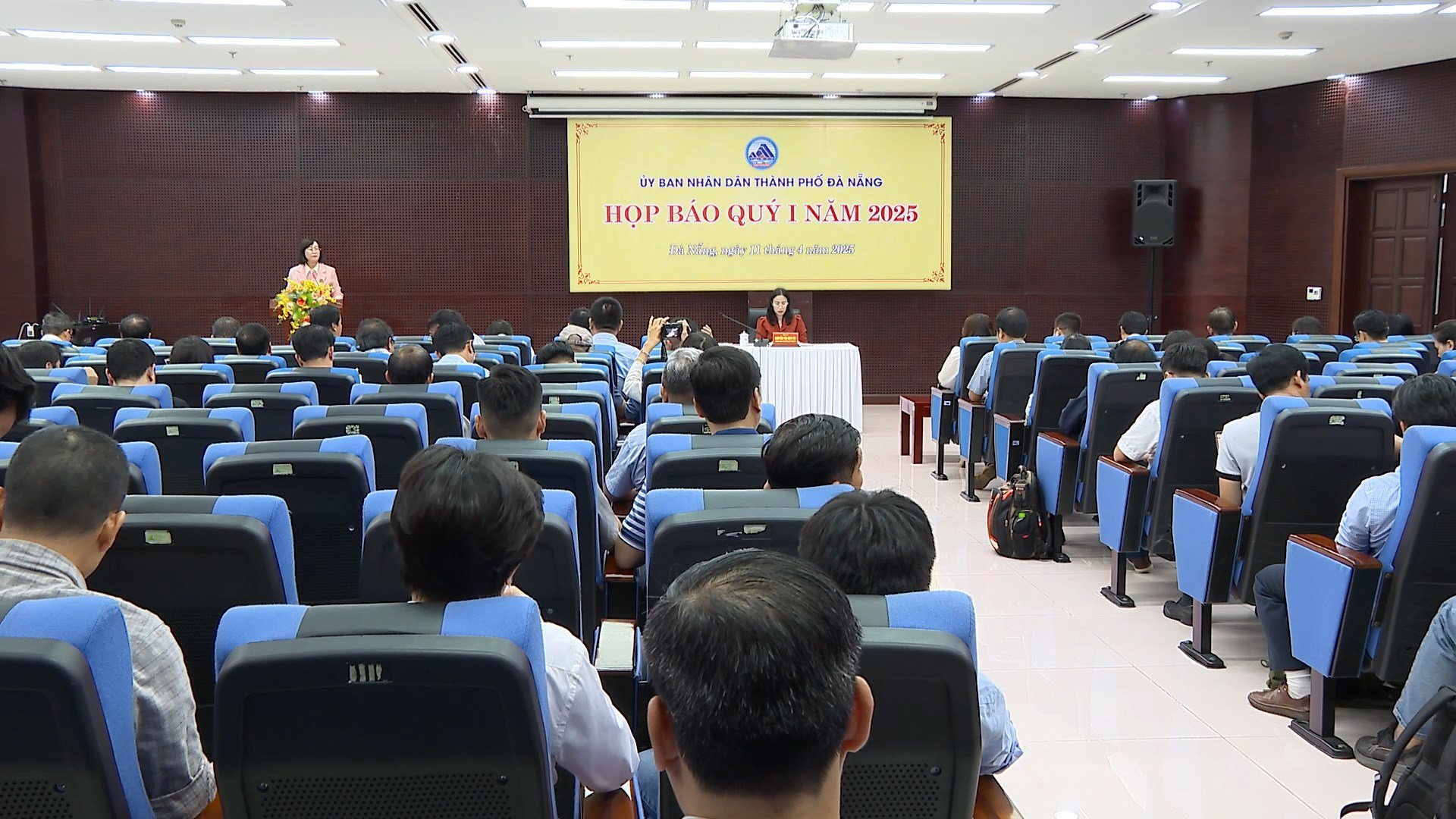


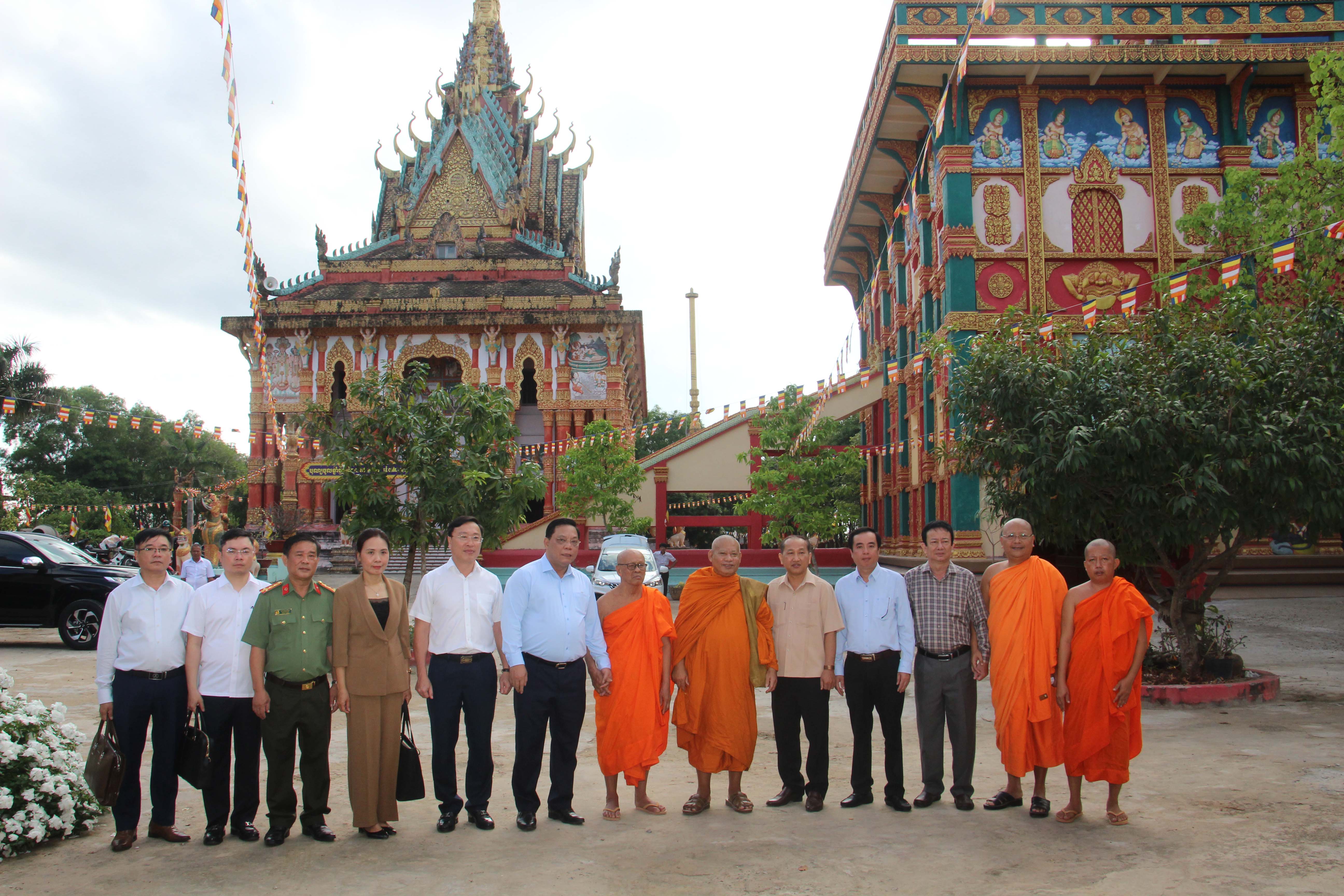
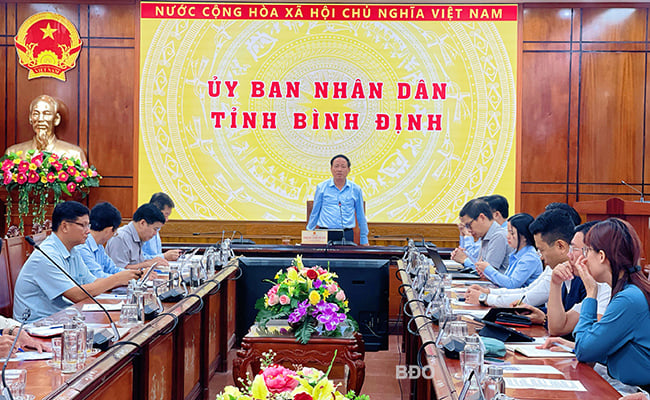
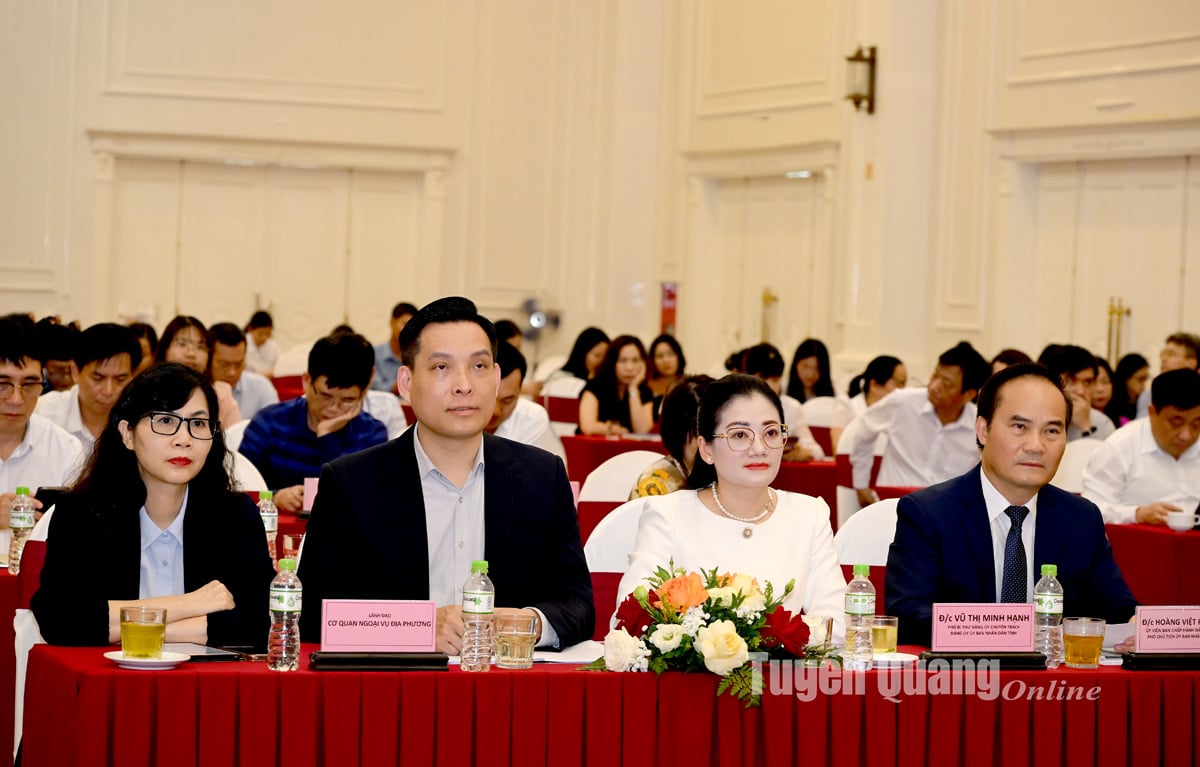

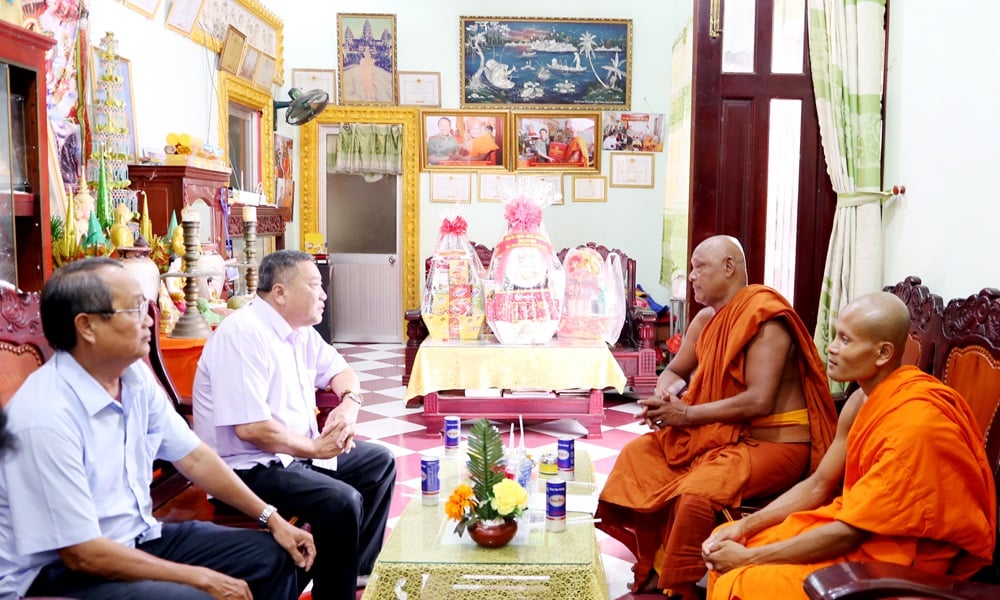
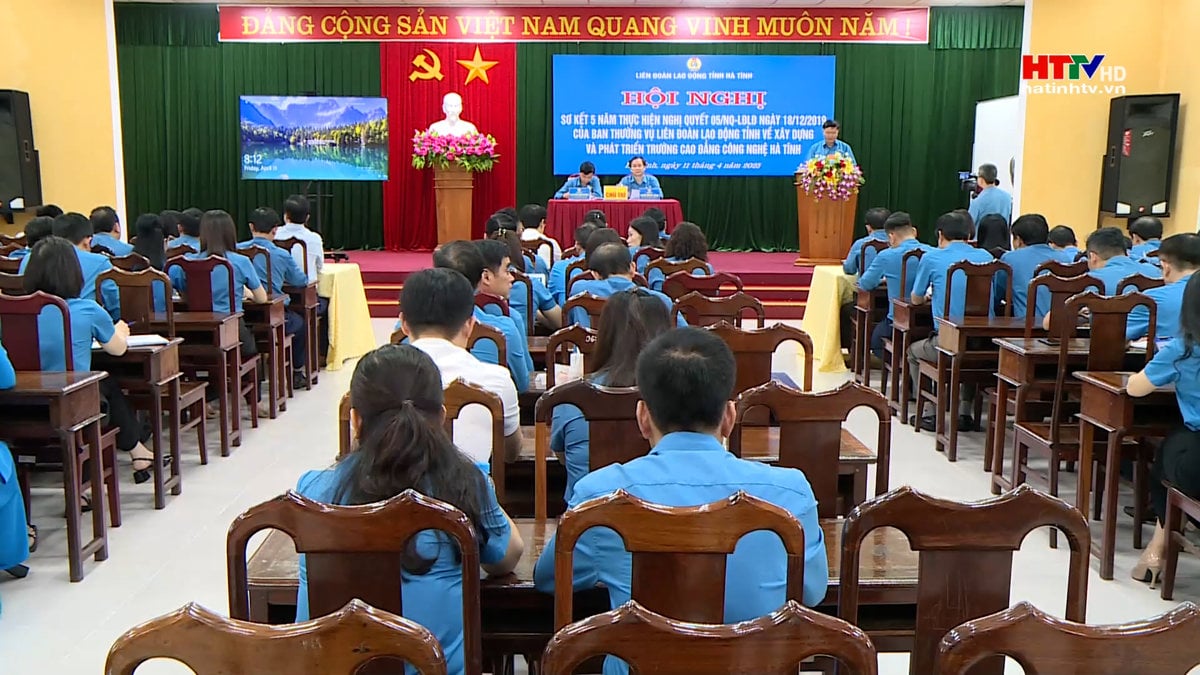

![[Photo] Summary of parade practice in preparation for the April 30th celebration](https://vstatic.vietnam.vn/vietnam/resource/IMAGE/2025/4/11/78cfee0f2cc045b387ff1a4362b5950f)








































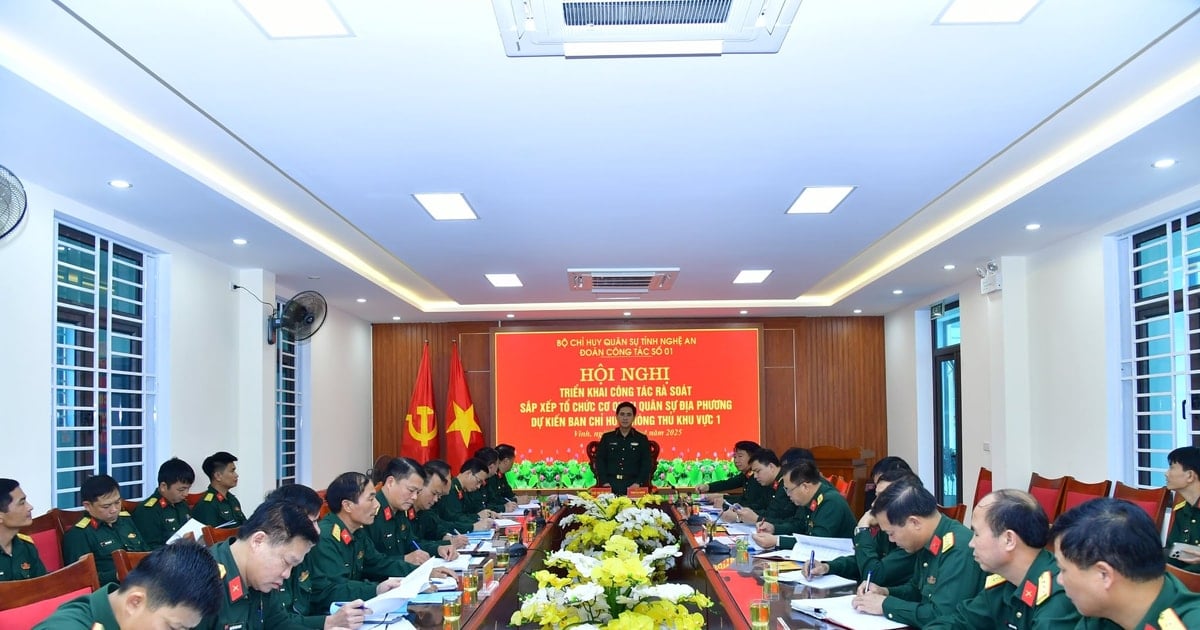

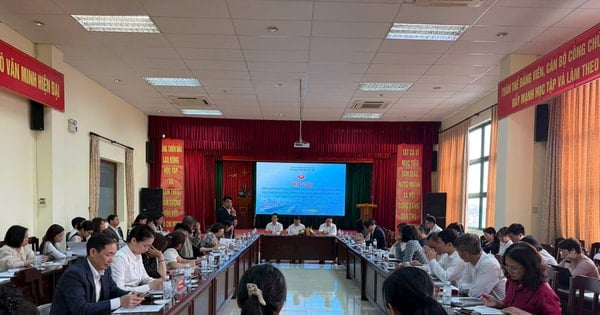











Comment (0)